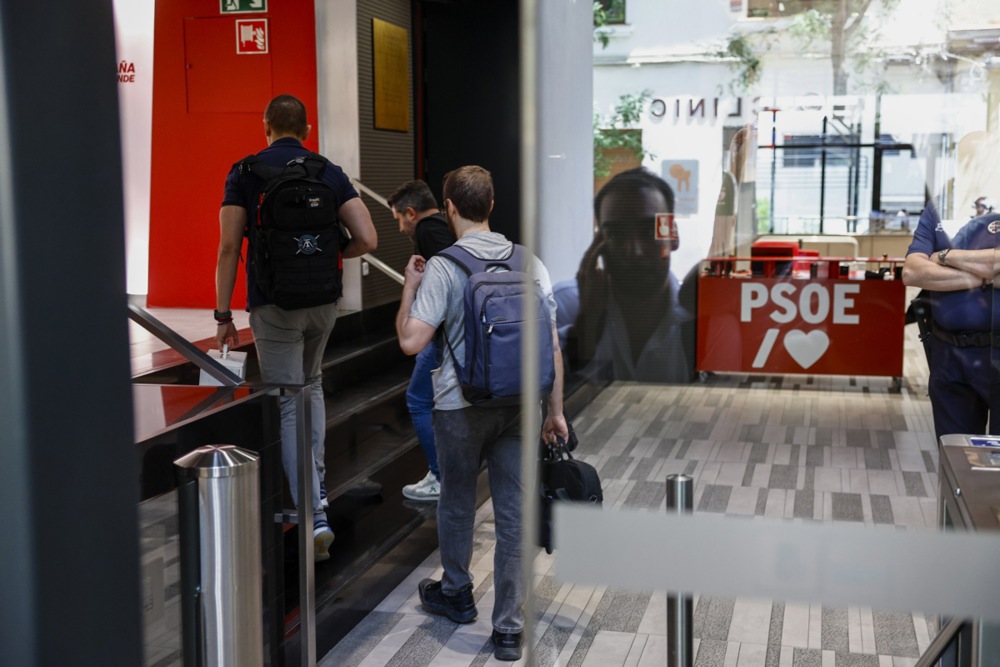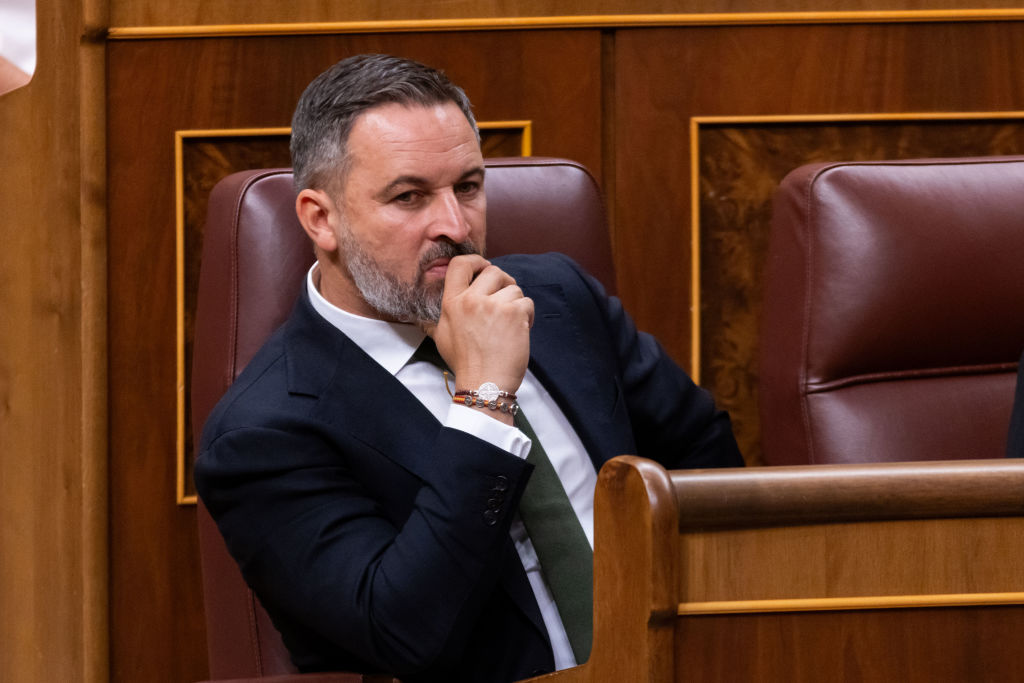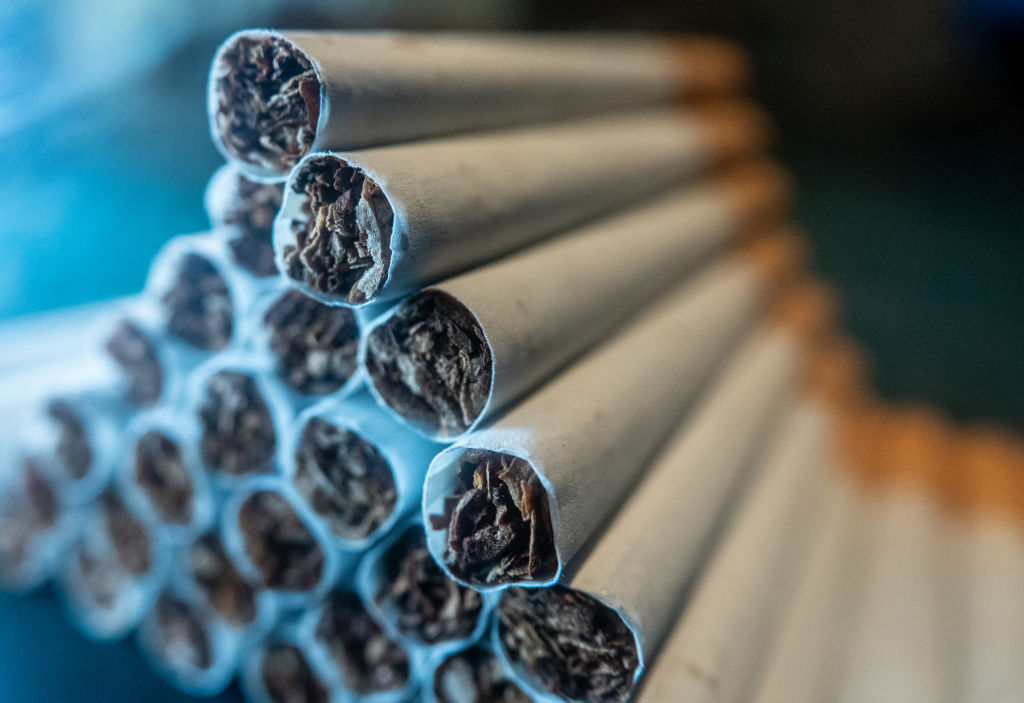Europe is watching Spain’s Prime Minister Pedro Sánchez as he navigates the corruption investigation into the people considered to be the makers of his political career.
Spanish Socialist Workers’ Party (PSOE) Secretary-General Sánchez’s situation in Spain is an indicator, not only of the peculiarities of Spanish politics but also the politicisation of morality, according to Javier Martínez-Fresneda, director general of the NEOS Foundation, dedicated to moral-cultural renewal in Spanish society.
“It’s sad for Spanish democracy,” he told Brussels Signal yesterday.
Yesterday afternoon, Spain’s Supreme Court committed to provisional prison without bail one of Sánchez’s closest collaborators, his former transport minister and current MP, Jose Luis Ábalos.
The politician has been under investigation for alleged graft and kickback schemes involving public contracts.
Koldo Garcia, a long-time adviser to the ex-minister, was also incarcerated. Both men were deemed a flight risk by the court.
In Ábalos’ case, the judge considered that, given his international connections and evidence he has both cash and property in Columbia and Peru, there was reason to fear he would flee the country.
In 2023, Spanish police arrested 24 people as part of a probe into corruption involving face-mask purchases worth some €30 million made during the Covid pandemic.
That sting included Garcia. Since then, the investigation has expanded beyond face-mask contracts and touched another high-level PSOE politician, Santos Cerdán. He had been head of the party since 2021.
Also key in the case is Victor de Aldama, a business man arrested in October 2024 on suspicion of being the mediator of alleged kickbacks. He quickly decided to co-operate voluntarily with the investigation, testifying before the judge overseeing it that he paid commissions to various public officials, including Ábalos and Cerdán.
In addition, an investigation been opened into alleged irregular payments and financing involving the PSOE.
According to Martínez-Fresneda, without these three men – Ábalos, Garcia and Cerdán – Sánchez would not have made it to the top of Spain’s political tree.
“Tonight the three people without whom Sánchez wouldn’t be in power have been put in jail,” he said. “Tonight his entire political project is sleeping in jail.”
Cerdán was provisionally jailed in July but was granted provisional liberty on November 19.
Ábalos, Garcia, and Cerdán were Sánchez’s main supporters in his successful bid for his political comeback, winning his party’s primary in 2017.
This put him in position to gain the premiership in 2018, following a vote of no confidence against then-PM, Mariano Rajoy of the centre-right Partido Popular (PP).
Rajoy’s downfall came when 29 officials from the PP were convicted of graft and kick schemes involving public contracts, a web of corruption very similar to the charges and investigations now facing Sánchez’s closest associates.
To many observers, it begs the question: How imminent might Sanchez’s fall from power be?.
His hold on the legislature and governance has been razor-thin, particularly since 2023, when his party lost election but manoeuvred into government with the support of a cadre of small separatist and left-wing parties.
Sánchez’s majority is only a single seat. Martínez-Fresneda notes he has faced parliamentary defeat after defeat and not been able to pass a budget.
The only legislation passed under this Government are measures favoured by the small parties supporting Sánchez. Those included special financing for the Cataluna region, regional control over the prison system for Basque Country and raising the minimum wage.
Now, without Ábalos in the congress of deputies, he has one seat less.
But in realpolitik terms, Sánchez’s position is the same, according to Martínez-Fresneda. “They’re living the dream,” he said of those small parties.
Under no other government or political conditions would they have gained so many concessions, he claimed. Their support for the Prime Minister, he said, will not change anytime soon despite the intensification of the air of alleged corruption around him.
Martínez-Fresneda said he fears a worse problem may allow Sánchez to escape the political reprimand suffered by the centre-right Rajoy if and when he is hit with a similar scenario.
“We’ve lost an amoral layer,” he said. “It used to be that what I thought was wrong was wrong for everyone. Now it’s turned into ‘for my side it’s right and for your side it’s wrong’.”
He said that attitude caused people to defend or excuse the unethical or immoral actions of their political side.
The news of Ábalos’ and Koldo’s imprisonment made international headlines, too. Martínez-Fresneda says that if those outside Spain wonder how Sánchez should stay in power, they should consider the role of another international body, the European Union.
“Many Spaniards are disappointed with Brussels,” he said.
According to him, many in Spain thought the EU would serve as a counterweight to prevent what they considered some of Sánchez’s worst policies, such as an amnesty for the leaders of the 2017 unilateral referendum on Catalonia independence.
Instead, he said, Carles Puigdemont, leader of the 2017 unilateral referendum on Catalan independence, remains in Belgium as a fugitive from Spanish law.
From afar, he directs his party Junts, which holds seven seats in the Spanish parliament and is key to Sánchez remaining in power, according to Martínez-Fresneda.
He claims, too, that the European Commission President Ursula van der Leyen continues to show Sánchez her favour, boosting his standing.
On the bright side, he said the continuation of the investigation shows key institutions of democracy – the press, the police and the judiciary – are functioning well.





